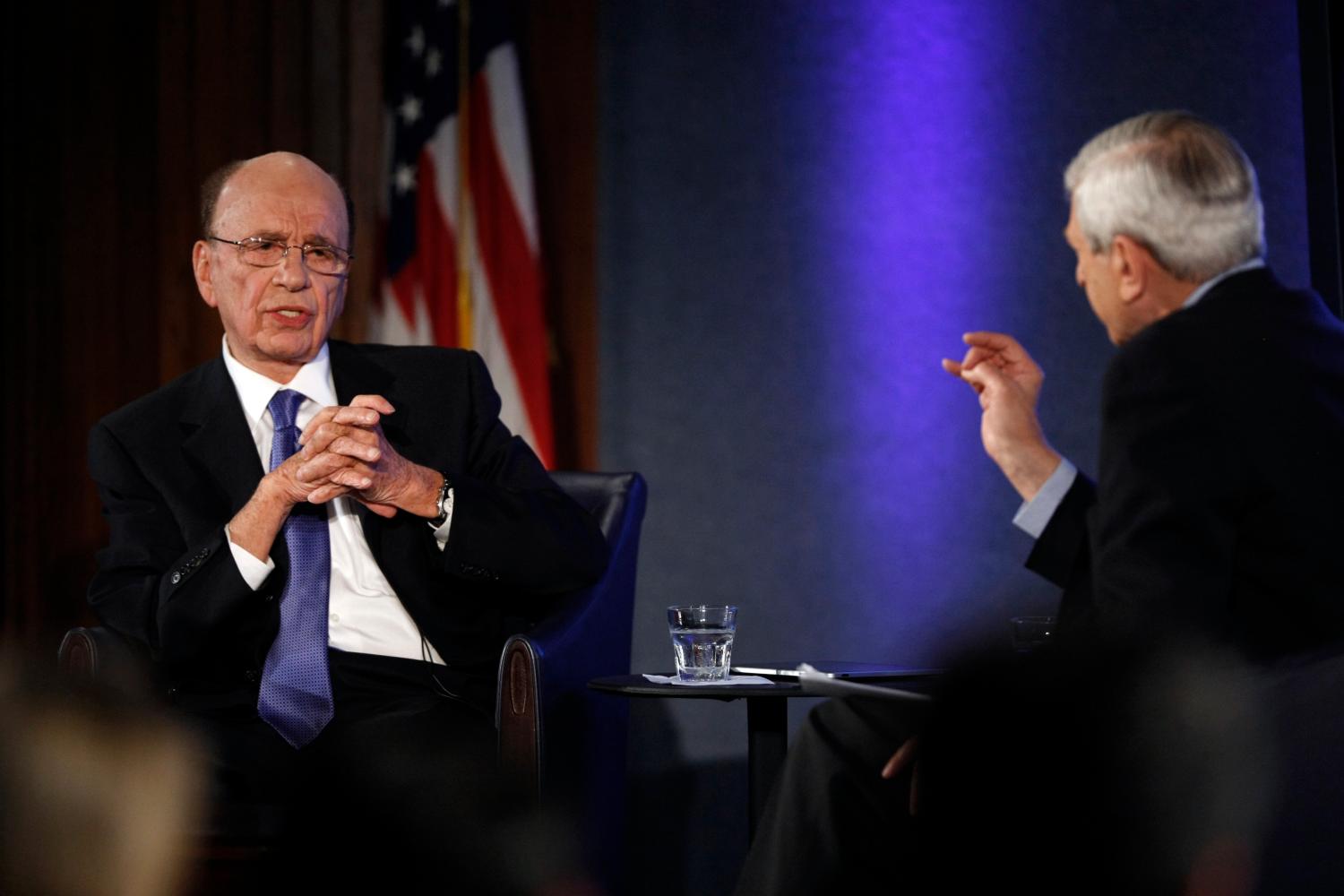“Credibility gaps” emerge during wartime, especially when the war has been going for a long time. A gap is now opening on the 11-year war in Afghanistan. It’s not likely to get anywhere—no general is going to be fired, no policy is going to be changed. But it must be acknowledged, and it must be considered.
Framed simply, it is David Petraeus vs Daniel Davis, not exactly the giant vs the pygmy, but close.
Petraeus is, without doubt, the most popular general of our time. He commanded American forces in Iraq and then in Afghanistan before becoming Director of the Central Intelligence Agency. When he speaks, Congress listens. His personal credibility and integrity have never been questioned. Petraeus has testified solemnly on a number of occasions that the Taliban “momentum” in Afghanistan “has been arrested in much of the country and reversed in a number of important areas.” That’s progress, no doubt, in part because Petraeus is the source.
Enter Daniel Davis, a Lt. Colonel in the US Army. He returned recently from a tour of duty in Afghanistan with a totally different conclusion. In a secret report to Congress and in an 84-page unclassified report to the public, Davis accused the top brass, presumably including Petraeus, of misleading the American public through “omission and outright deception,” meaning lying, about progress in Afghanistan. He did 250 interviews during his tour in Afghanistan. “We get pretty clear evidence,” he told PBS’s Newshour, “that things are not at all the remarkable success that has been noted in recent days.”
In a series of news interviews, Davis pointed to subpar performance by the Afghan army and police as a key problem, saying in a dismissive way that “they don’t do anything except sit there and try not to get shot and then get their paycheck.” The top brass paints a much more positive picture of Afghan progress, their way of justifying a continued American role in the war.
When Davis was asked why he didn’t go through “the chain of command” rather than go through Congress and the media, he answered that he has learned over the years that “nothing” gets “accomplished” that way. In effect, he had to become a whistleblower to get his version of the truth before the American people, who, he believes, have been misled—lied to—by top Army brass about the war in Afghanistan.
During the Vietnam War, the credibility gap opened wide and poisoned public perceptions about the administration’s take on the war. The military had one description of a battle or a policy shift, news reporters had another; and after a while the public believed the reporters and disbelieved their own government. Popular support for the war withered, and President Nixon felt he had no option but to pull out of Vietnam.
Now, in Afghanistan, President Obama has already begun to pull out of the war, and it now behooves his administration to reconcile the Petraeus and Davis versions of the Afghan War. The secret Davis report, now before Congress, ought to be made public as soon as possible. Davis ought to explain his report in open Congressional testimony, and the White House and the Pentagon ought to offer their version of what is truly happening in Afghanistan.
It is too late in the day to fiddle around with the truth. The American people can tolerate a sorry end to their engagement in Afghanistan, if they are told the truth. What they cannot tolerate is an updated Vietnam version of misleading manipulation, omission and outright deception. Enough. Credibility gaps only lead to public disenchantment, and we’ve had more than enough of that.
The Brookings Institution is committed to quality, independence, and impact.
We are supported by a diverse array of funders. In line with our values and policies, each Brookings publication represents the sole views of its author(s).




Commentary
“Credibility Gap” Redux
February 21, 2012